British regulator softens stance on Microsoft-Activision deal competition concerns
The U.K.'s competition regulator on Friday said it has narrowed the scope of its investigation into Microsoft's takeover of Activision.
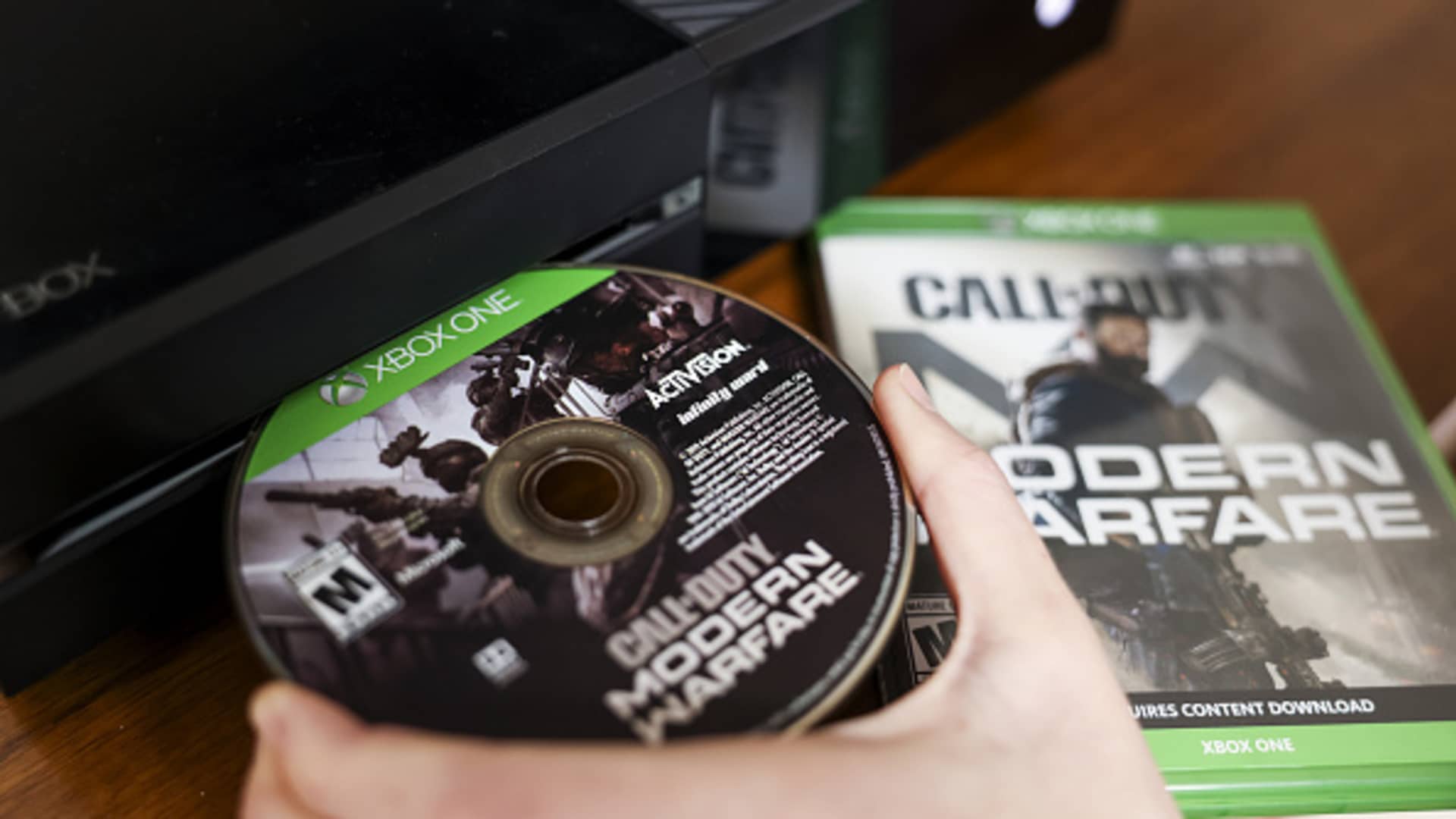
An Activision Blizzard's Call of Duty: Modern Warfare video game is inserted into the Microsoft's Xbox One video game console arranged in Denver, Colorado, on Wednesday, Jan. 19, 2022.
Michael Ciaglo | Bloomberg | Getty Images
Shares of Activision Blizzard surged Friday, after the U.K.'s Competition and Markets Authority narrowed the scope of its investigation into Microsoft's takeover of the games publisher.
The development marks a partial win for Microsoft, as it pursues an expansion of its video game business. The Redmond, Washington-based technology giant has deepened its focus on gaming through blockbuster acquisitions, such as its purchase of ZeniMax Media, the parent company of Bethesda Softworks.
In February, the CMA published provisional findings from its probe into the takeover, stating at the time that the transaction may result in higher prices, fewer choices and less innovation. Among its concerns, the regulator flagged that the deal would cause a substantial lessening of competition in the console gaming market.
Since then, the regulator has received a "significant amount" of feedback from various industry participants on the deal. With this new evidence, the CMA now says it no longer believes the transaction will hamper competition in console games.
"Having considered the additional evidence provided, we have now provisionally concluded that the merger will not result in a substantial lessening of competition in console gaming services because the cost to Microsoft of withholding Call of Duty from PlayStation would outweigh any gains from taking such action," Martin Coleman, chair of the independent panel of experts conducting the CMA investigation, said in a statement Friday.
"Our provisional view that this deal raises concerns in the cloud gaming market is not affected by today's announcement. Our investigation remains on course for completion by the end of April."
Shares of Activision Blizzard surged more than 6% in U.S. premarket trading. Microsoft shares declined slightly amid a broad market slump.
'Call of Duty' distribution in focus
The CMA announcement comes after the U.S. technology giant has also won support from some companies that were against the deal, or sitting on the fence.
One of the major concerns from Microsoft's competitors was that the transaction would block distribution access to Activision's crown jewel franchise — "Call of Duty." Last month, Microsoft said it signed a "binding 10-year legal agreement" to bring Call of Duty to Nintendo players on the same day as Microsoft's Xbox, "with full feature and content parity."
Additionally, Microsoft signed a deal with Nvidia to bring its Xbox games to Nvidia's GeForce Now cloud gaming service. Microsoft said it would also bring the Activision games library to Nvidia's service, if the acquisition closes. Nvidia was reportedly against Microsoft's Activision takeover.
But Microsoft has yet to bring onside its biggest rival, Sony, which owns the PlayStation console. Microsoft President Brad Smith told CNBC last month that the company is offering Sony the same agreement as it did Nintendo — to make Call of Duty available on PlayStation at the same time as on Xbox, with the same features. Sony still opposes the deal.
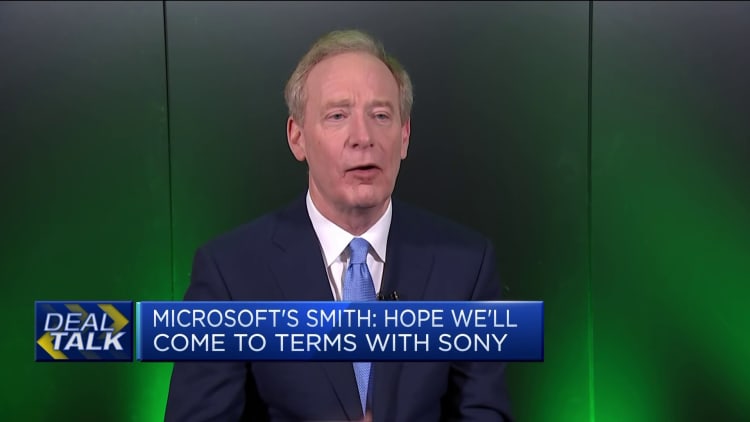
"We appreciate the CMA's rigorous and thorough evaluation of the evidence and welcome its updated provisional findings," a Microsoft spokesperson told CNBC via email.
"This deal will provide more players with more choice in how they play Call of Duty and their favorite games. We look forward to working with the CMA to resolve any outstanding concerns."
An Activision spokesperson told CNBC that the CMA's updated provisional findings "show an improved understanding of the console gaming market and demonstrate a commitment to supporting players and competition."
"Sony's campaign to protect its dominance by blocking our merger can't overcome the facts, and Microsoft has already presented effective and enforceable remedies to address each of the CMA's remaining concerns. We know this deal will benefit competition, innovation, and consumers in the UK."
Microsoft is not completely off the hook.
The CMA says it still has reservations about the deal as it pertains to cloud gaming, where delivery of games content is handled from remote servers rather than from a device's internal memory. Notably, cloud gaming is still in its infancy and not yet a mass-market technology.
In its provisional conclusions, the CMA suggested that Microsoft may need to divest part or all of Activision — or its CoD franchise alone — to resolve its concerns. The CMA did not provide an update as to whether it believes this remains a potential resolution.
The watchdog will make its final decision on April 26.
Microsoft also still faces uncertainty from regulators in the U.S. and European Union. Smith travelled to Brussels last month to meet with EU regulators. In the U.S., the Federal Trade Commission filed an antitrust case against Microsoft attempting to block the Activision deal.
Some major companies retain reservations about the acquisition, which includes Google parent Alphabet, according to Bloomberg.
- CNBC's Steve Kovach contributed to this report

 Hollif
Hollif 







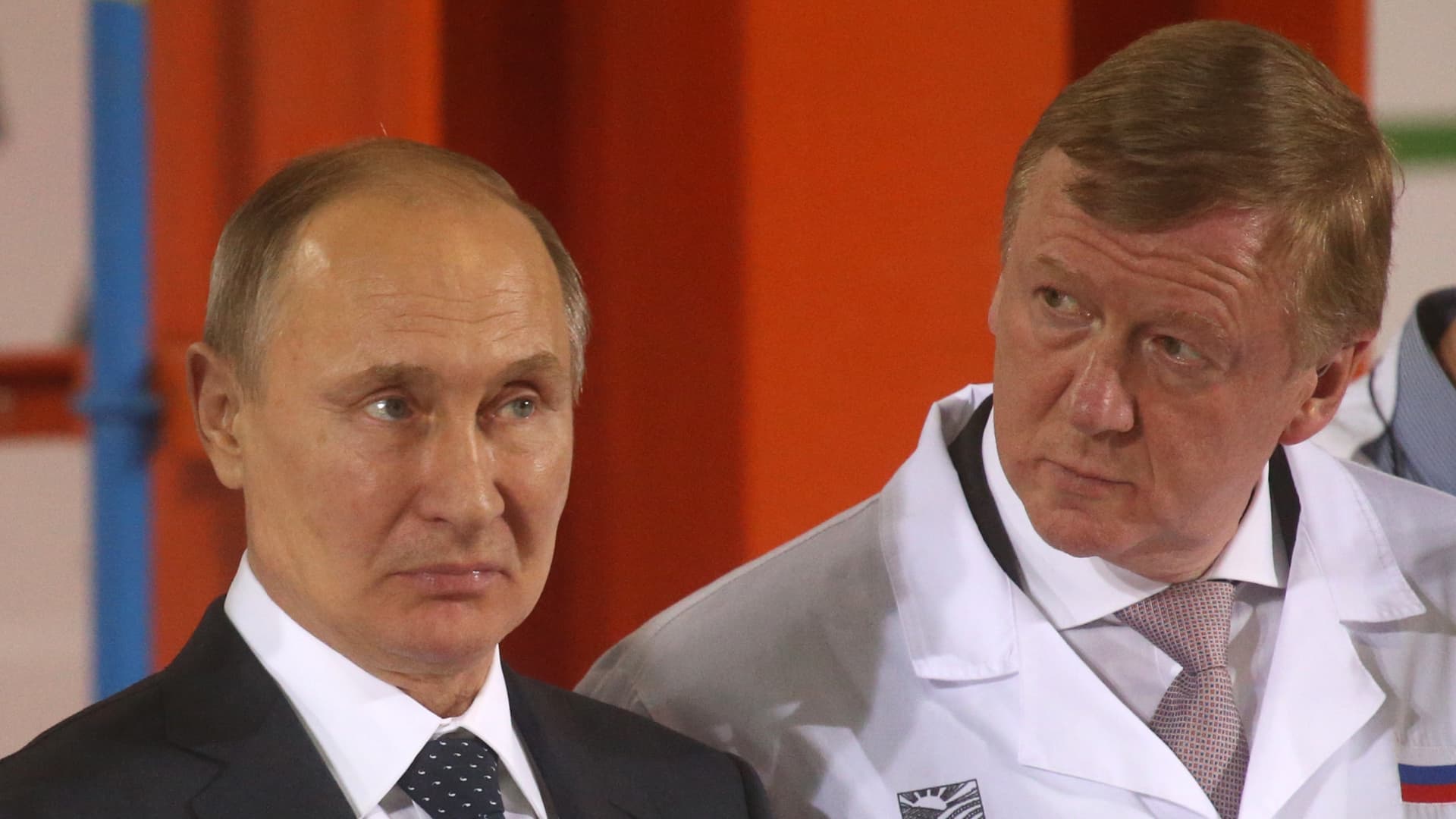
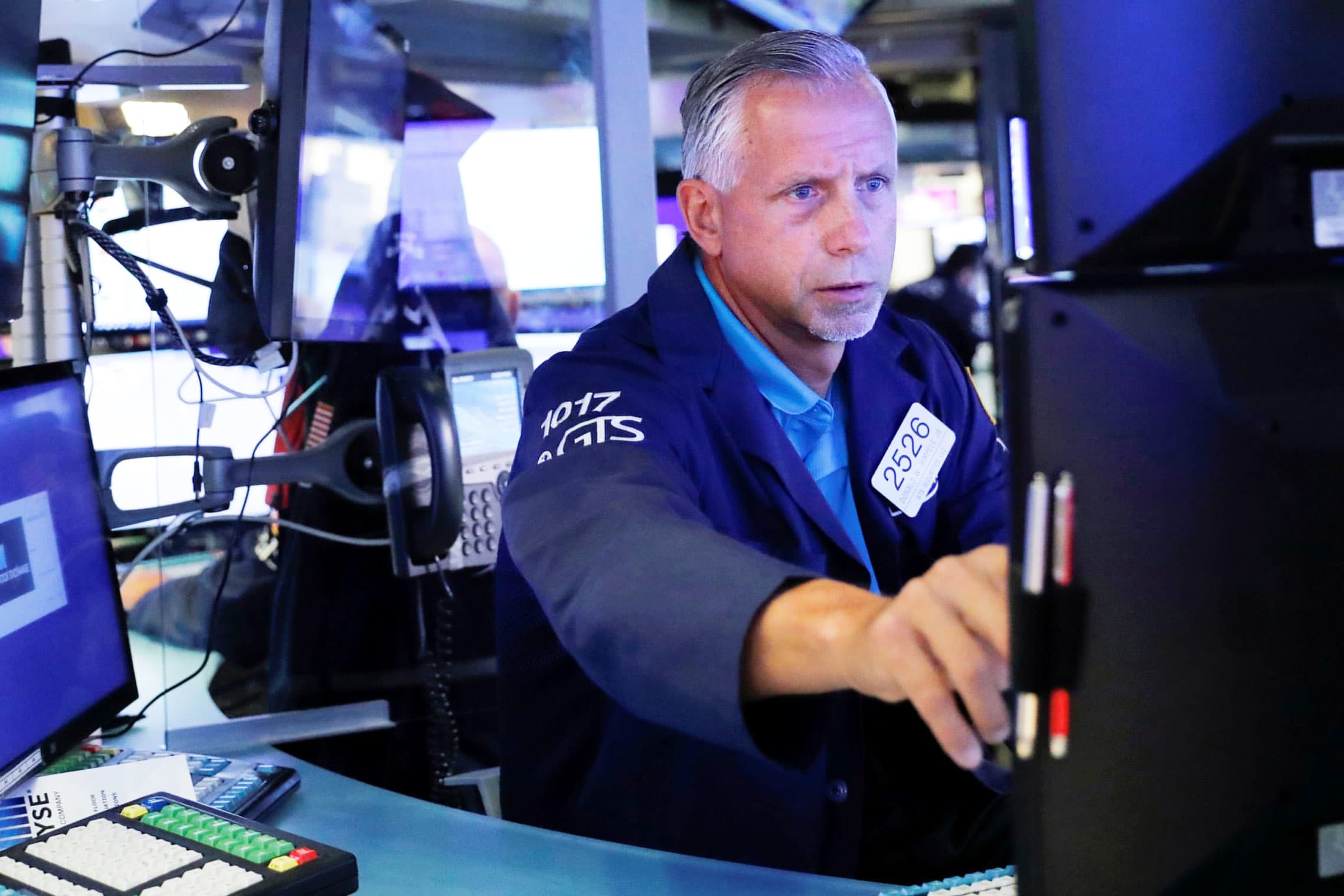
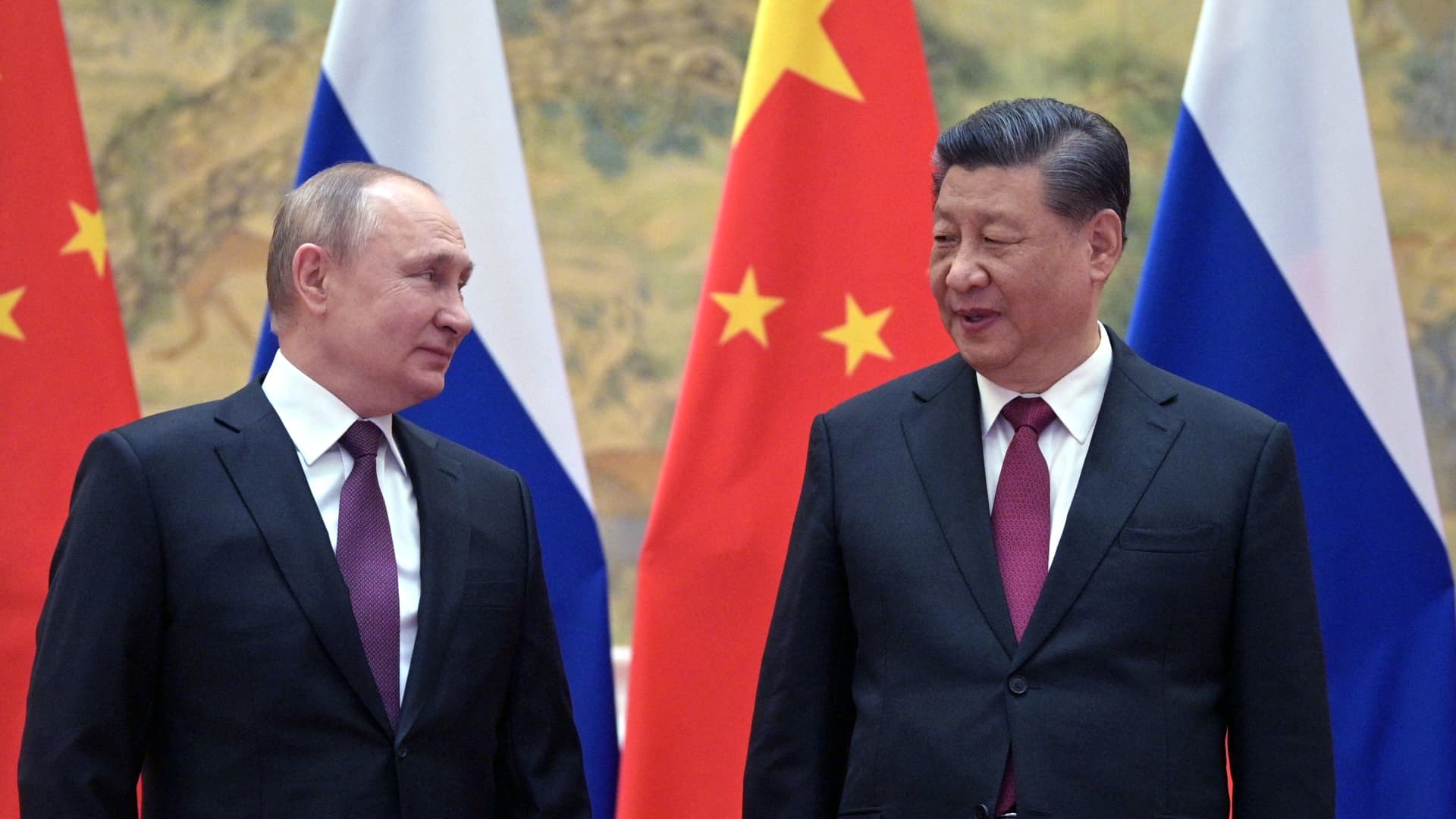
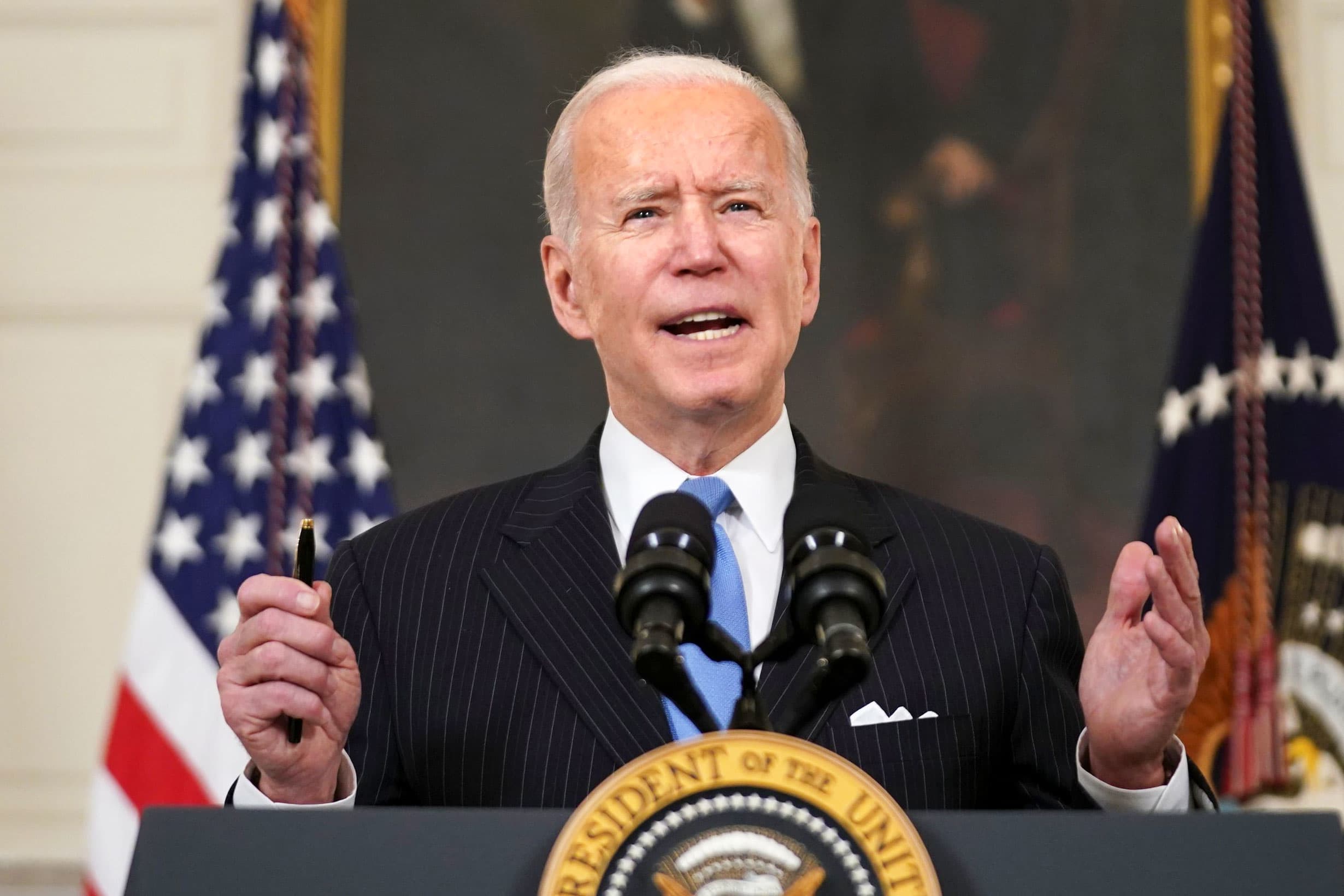
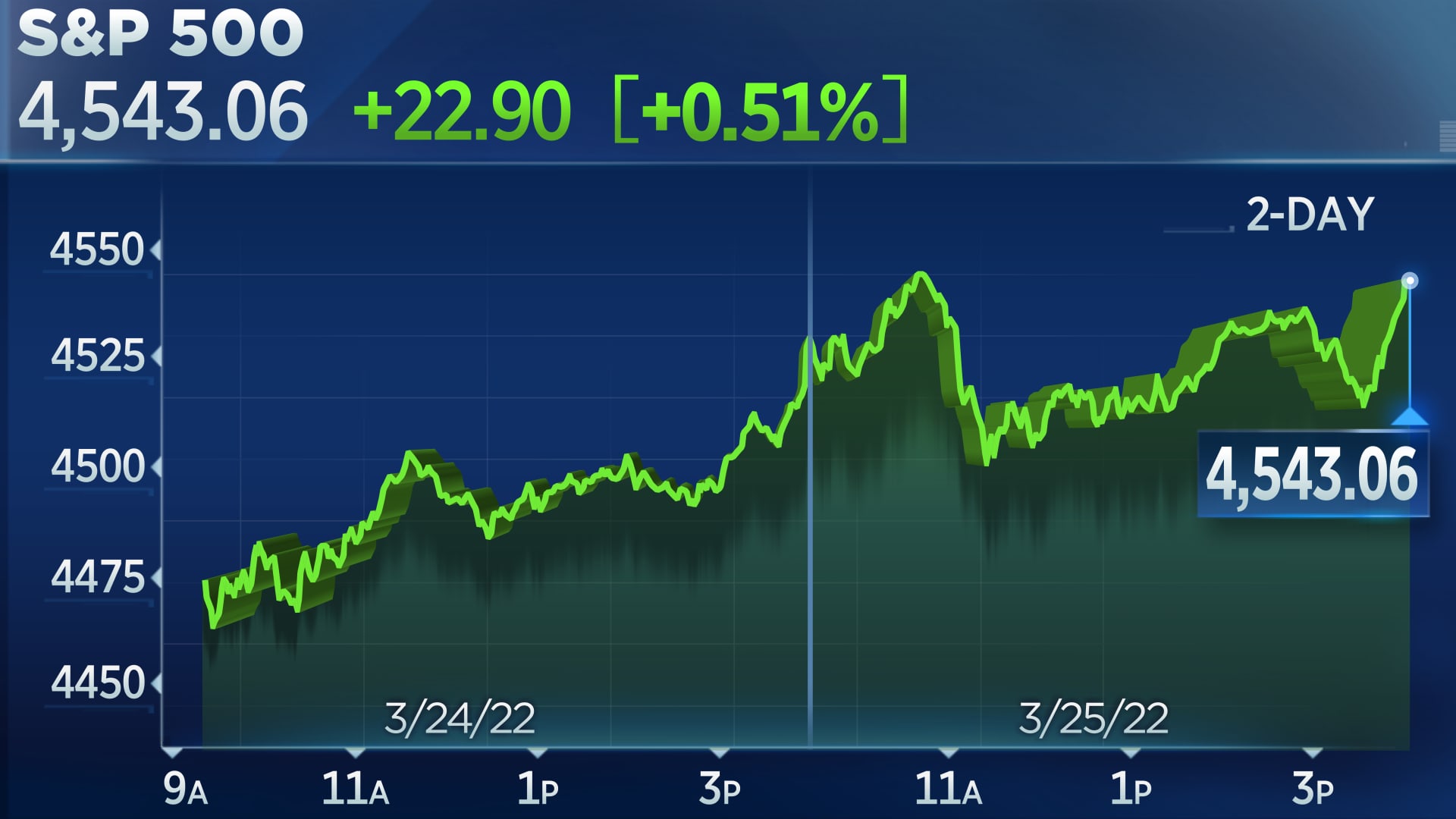
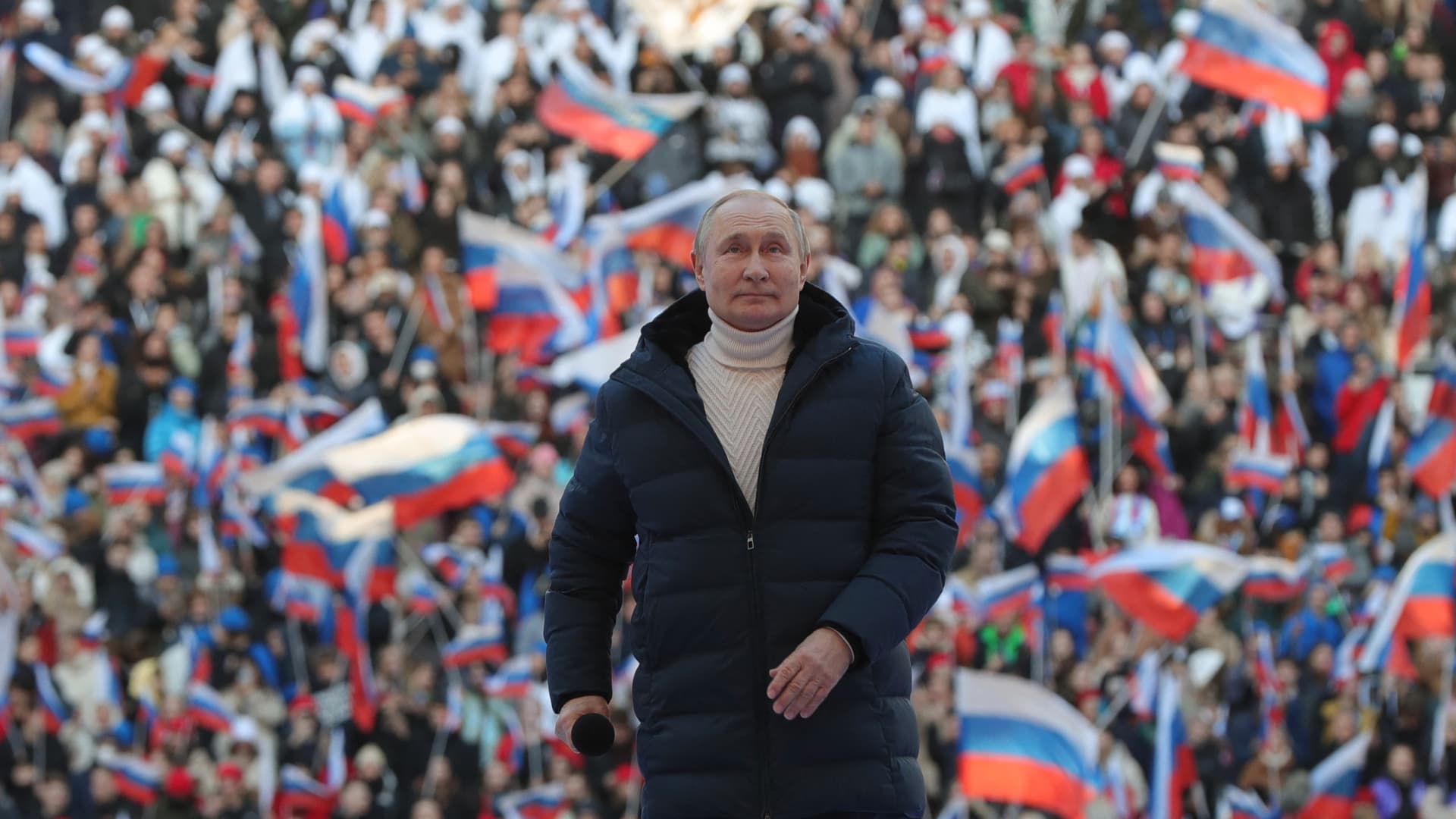


















-Hyatt-Regency-Cleveland-at-The-Arcade-copy.jpeg?trim=0,0,0,0&width=1200&height=800&crop=1200:800)